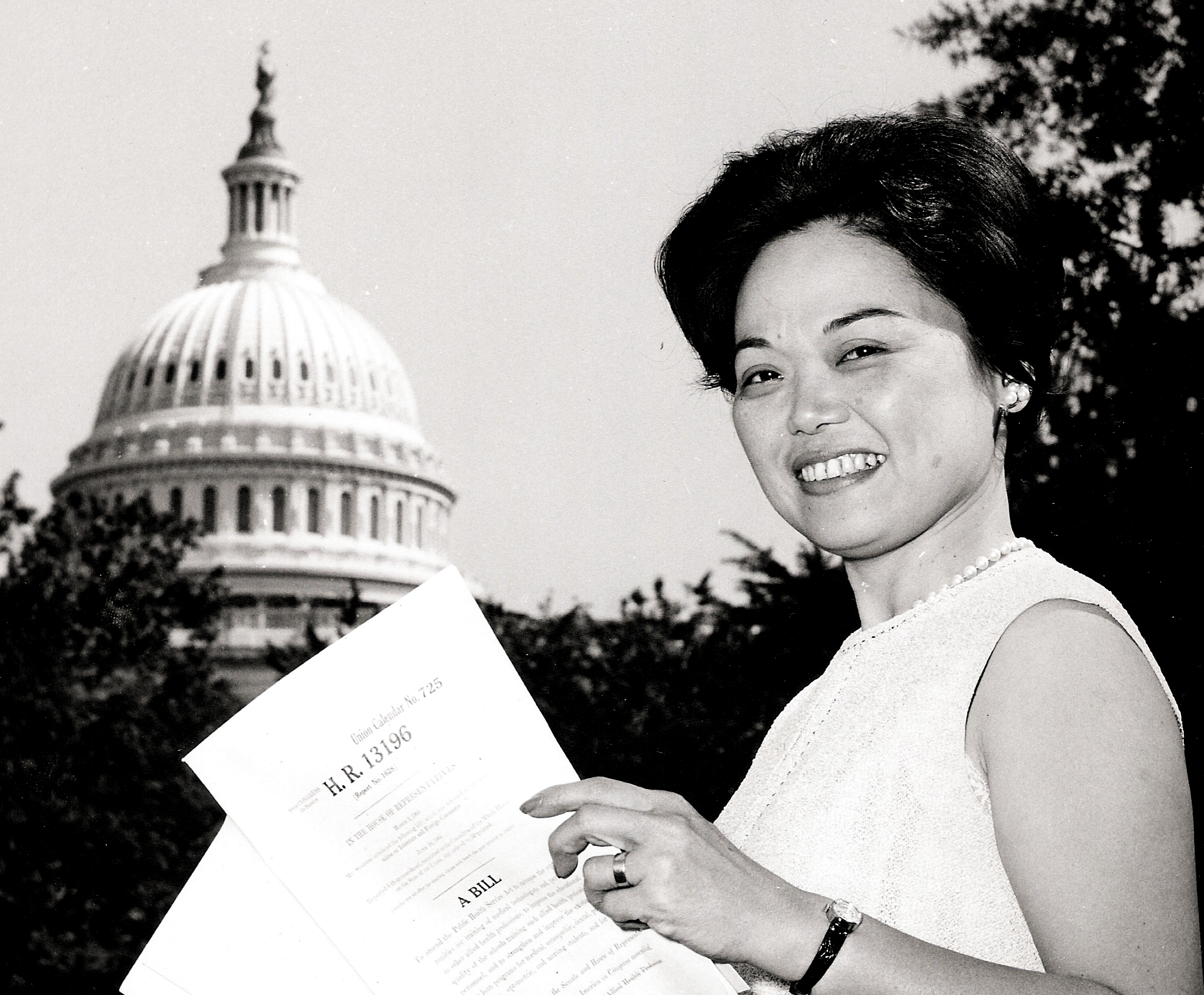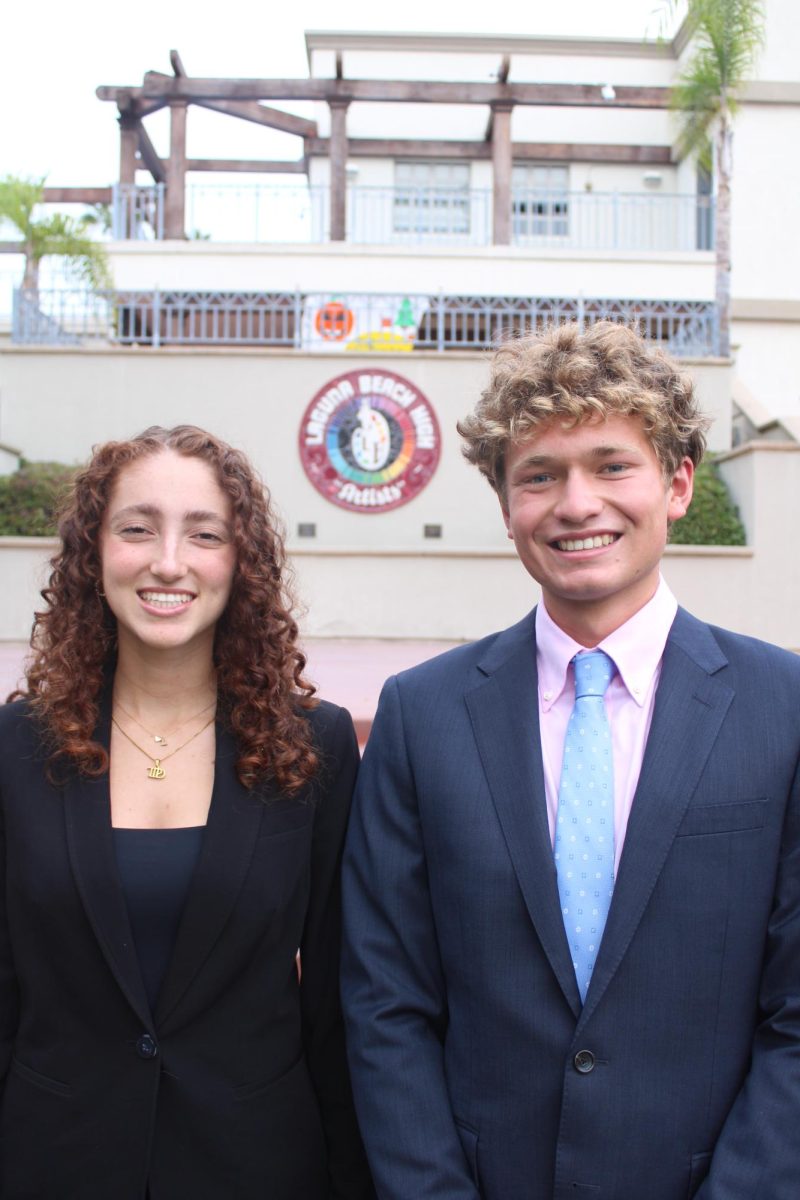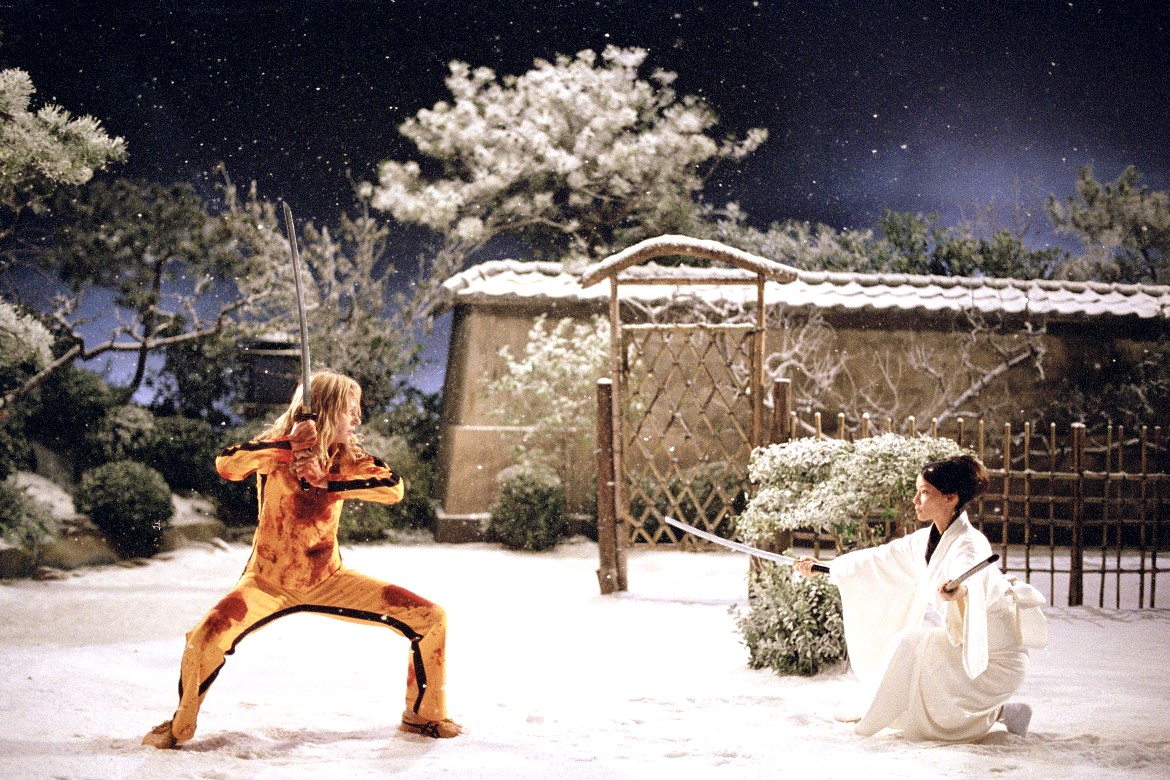Patsy Mink is a name that not many youth in the current generation know. However, she is the reason why we can access equality in public education today.
Mink was born in Paia, Hawai’i in 1927. She is a sansei or third-generation Japanese immigrant. When she was in high school, she was often discriminated against by her white classmates. As World War II was coming to an end, she was one of the few Japanese-Americans in her class. Many Americans at the time viewed the Japanese as an enemy, and regardless of them being American citizens, people of Japanese descent were put into internment camps on the mainland. However, because Japanese Americans were the majority group in supporting the economy in Hawai’i, Japanese Americans were not interned in the state. Despite the racial backlash and discrimination that Mink faced, she did not let it bring her down and she became the first female class president at Maui High School in 1943. Mink kept on persisting and graduated high school as valedictorian. She then attended Wilson College and the University of Nebraska but left both institutions due to racial discrimination. She finished her undergraduate education at the University of Hawai’i at Manoa and went on to get her law degree at the University of Chicago. She met her husband at law school and decided to move back to her home state of Hawai’i after graduation, to start a family and to practice law in the state.
In 1954, Mink opened up her own law firm named the Oahu Young Democrats, because other law firms would not hire her due to her interracial marriage. With her own firm, Mink became the first Japanese American woman to practice law in Hawai’i. In 1959, Hawai’i became its own state and Mink began a campaign to become the state representative. Although she had a few unsuccessful campaigns, Mink’s determination and passion for being a public servant led her to win the second representative seat for Hawai’i in Congress, making her the first congresswoman of color nationally.
In Congress, Mink was focused on changing multiple aspects of public education. She was an advocate for early childhood education and bilingual education. However, her biggest accomplishment in Congress was leading the creation of Title IX, which prohibits gender-based discrimination in any government-funded entity. Mink stated herself in 2002,
“I consider Title IX to be one of my most significant accomplishments as a Member of Congress, and I take special pride in honoring its contributions to changing our view about women’s role in America.”
Title IX is still used today in public schools, the policy protects gender equality among athletes and can be utilized to report and investigate acts of sexual assault in schools. The policy also protects transgender students, allowing them to participate in school activities and athletics.
Although Title IX is widely accepted and followed today, Mink and the other authors of the policy spent three years trying to implement this into the United States government. Many Republicans who did not agree with Patsy Mink would degrade and discredit her because of her race, gender, and status in an interracial marriage. Conservatives also were unsure of the Title IX policies, as discrimination against women in public schools was normalized at the time. Many Title IX opponents believed the policy would diminish male athletes and give female students too much power and freedom. However, Mink and her co-authors were determined to achieve this opportunity for gender equality in education. Title IX became effective on June 23, 1972, marking the beginning of a lasting change in public education.
Throughout her six terms in the House of Representatives, Mink continued to be an advocate for equality in public education. She continued this work until she was hospitalized for pneumonia in 2002, which eventually led to her death the same year.
After Mink’s passing, Title IX was renamed as the Patsy T. Mink Equal Opportunity in Education Act, which signifies her lasting legacy as a changemaker in public education for all in the United States.















